This post was contributed by James Coombs OBrien.
“Explain it to me like I’m a clever 12-year-old” was blurted at me as I tried to explain my PhD, and potential business, to a straight faced venture capitalist. “Quite frankly I couldn’t give a monkeys about the technology, sell me the benefits!” he exclaimed during my second attempt. Selling benefits over features was the first of many things I learnt during the Engineering YES 2016 Bristol Heats.
Engineering YES is a competitive three-day course directed at researchers. It aims to help bridge the gap between academic research and a viable business, a journey often christened “the valley of death”.
Our company, Calcaneus (named after the strongest bone in the body…..probably), aimed to solve the worlds persistent microbead issues with the use of biodegradable cellulose beads made via a unique technology.
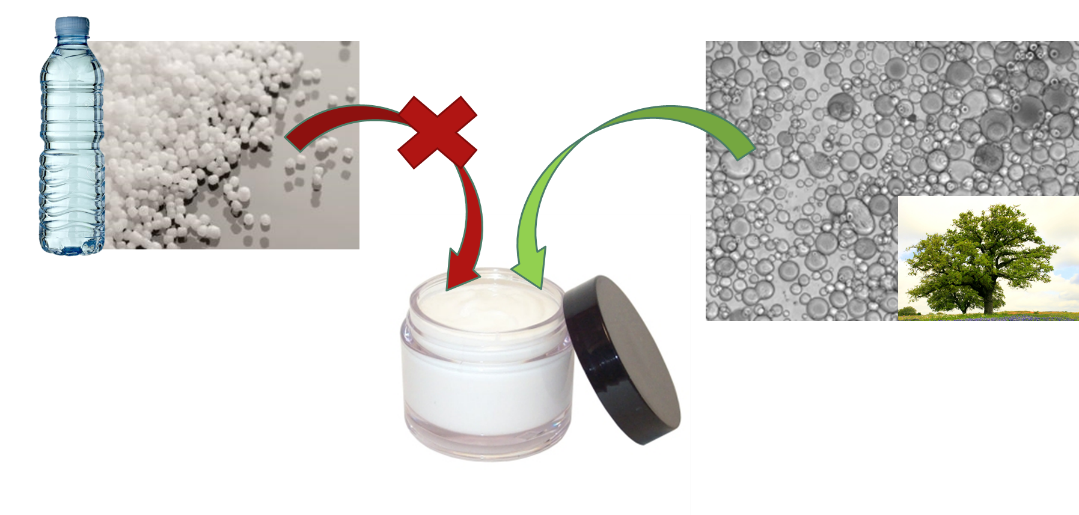
For us, and probably most other researchers from the CSCT, it is easy to sell an idea to someone on sustainability grounds, “this process is more sustainable therefore give us money”. However, we quickly learnt that at best this is the third thing a potential investor is looking for after “how much money will I make and how quickly” and “who are the people I’m investing in”.
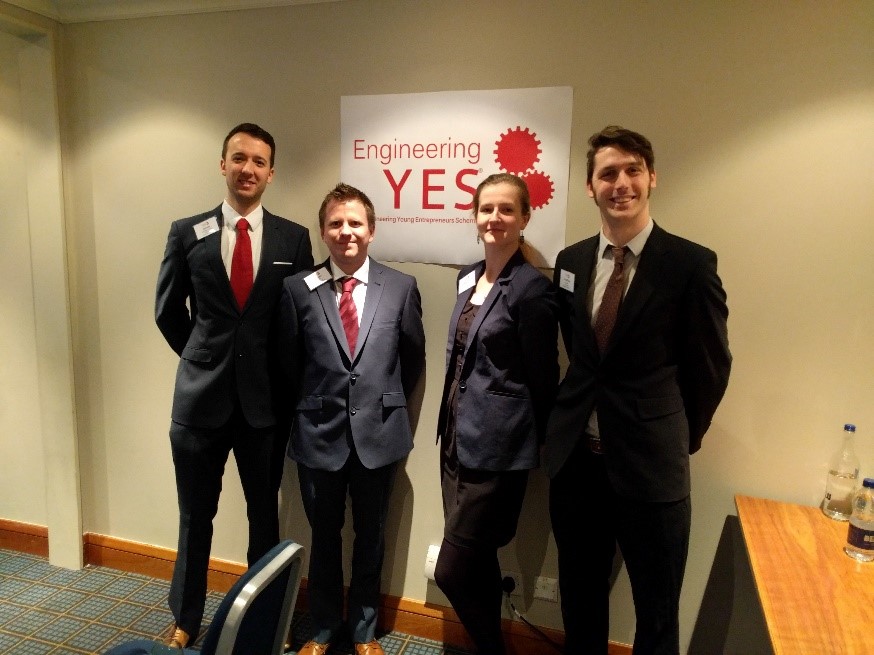
The event was composed of a mixture of seminars, professional networking sessions and one to one mentoring on every aspect business from financial planning to marketing and, crucially for us, intellectual property (IP). The mentoring session were by far the greatest help to our business leading to its development from a manufacturing company to one which, through clever use of IP, licensed out its technology to larger companies. This development required a lot of hard work and many a late night.
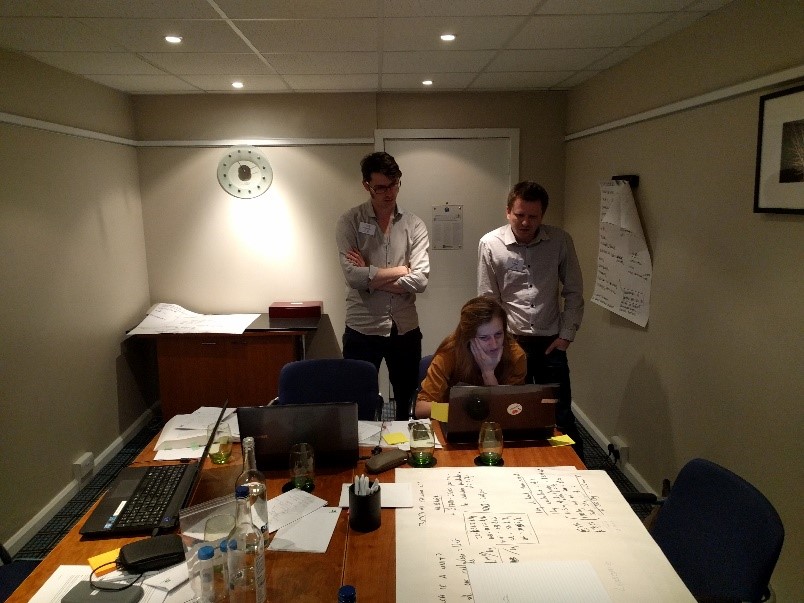
However, it all paid off! I’m happy to report that we, Calcaneus, won both the judges and peer review prizes (voted for by the other contestants). It’s a shame that no one told Tristan (see below).
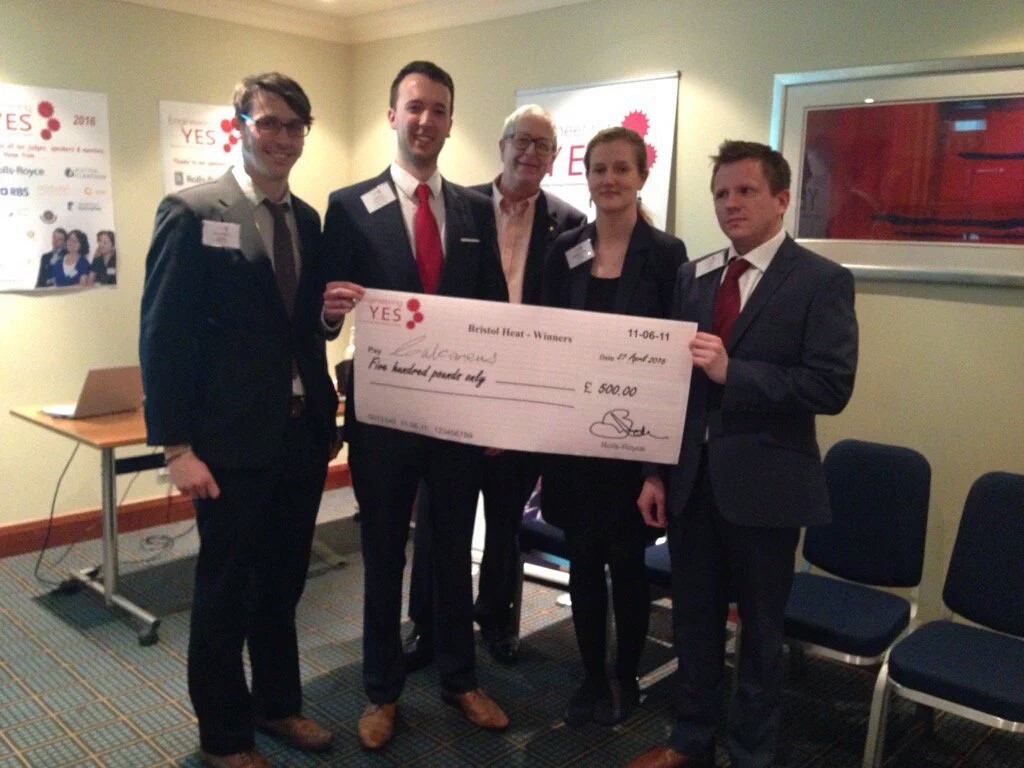
The whole experience was eye opening. You quickly get used to the way business minded people think and talk, which is very different from a scientist. For me, a chemist by background, working at the interface of chemistry and chemical engineering who has had no exposure to how a business works, this was an intense and thought provoking experience.
That leaves me to thank all the organisers and mentors that help during the Engineering YES 2016 Bristol heat, in particular Kate Beresford, John Boyes and David Scott. I’d also like to thank the CSCT for funding myself and my team mates to attend this fantastic course. Anyway, back to some more spread sheets for the final in Birmingham, watch this space.
Responses
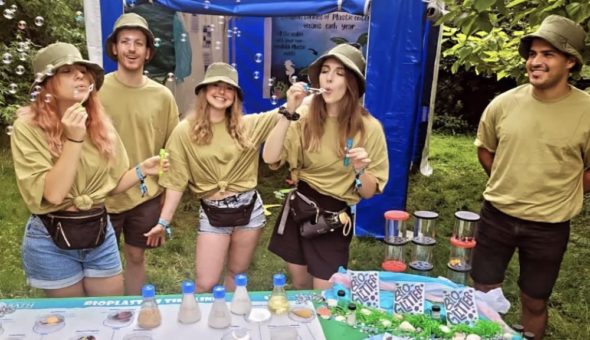
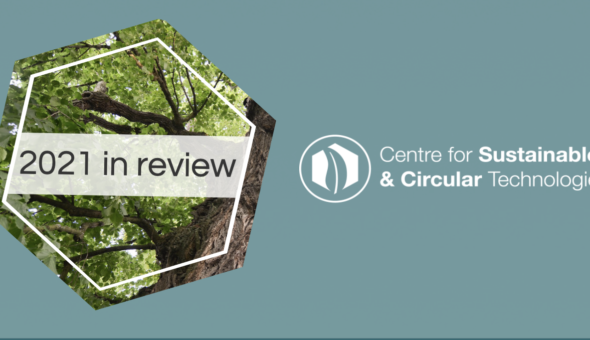
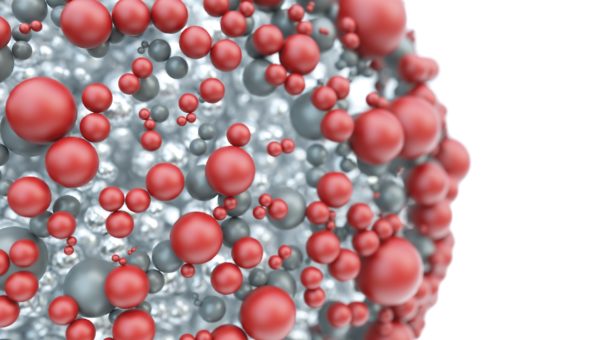
Hello all. You may know that I am a supporter of CSCT and I always read the Centre's blogs with interest, not that I understand chemistry or chemical engineering. I, however, do know something about business having started and sold three engineering and am working on a forth currently.
I find myself in disagreement with some of the remarks of the venture capitalists who interviewed you. They were symptomatic of a stereotypical macho approach to start ups that often leads to failure s especially in technical/scientific as opposed to technology/IT businesses.
I recent months I have acquired 2 lighting manufacturers that were driven into bankruptcy by venture capitalists despite their investing £6m in one and £2m in the other.
I am always happy to help people who are trying to set up businesses and if you would like to meet I am often on campus.
By way of reference you may refer to Tim Mays or Mike Bird,
Hello Mr Whorrod. I would have to agree that this aggressive approach that some investors take towards start-ups is not particularly applicable in a technical/scientific field. I believe that the venture capitalist mentioned in the blog was trying to use shock tactics to get us thinking about why a potential investor should be interested in a product. I think many scientists and engineers have a tendency to get bogged down in the technical aspects of a product (usually because we find this the most interesting!) instead of what makes an investment attractive to an investor. I didn’t mention it in the blog post, but all the other mentors and interviewers at the event were genuinely interested in the science behind the product and did stress that when investing they look for not only a good business but also people who were excited by their idea.
It would be brilliant if we could run the pitch, that we are going to give in the final, past you sometime before the next event on the 15th June. It would be a massive help to get feedback on it. I’ll get in contact via email about arranging a time and a place. Thanks a lot for taking an interest.